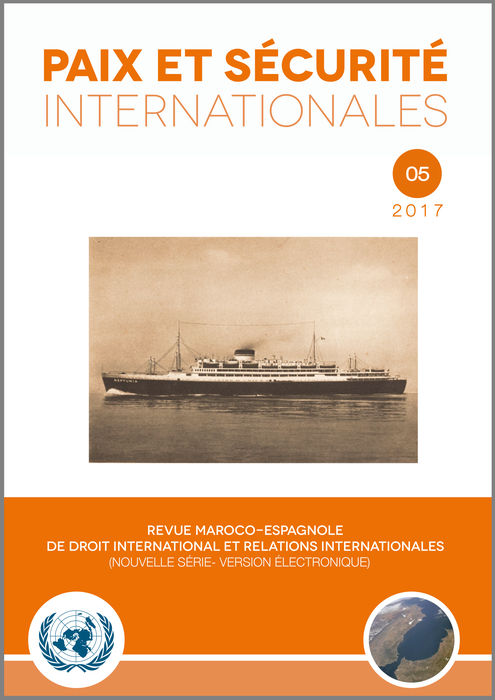Uncertainty, Alert and Distress: The Precarious Position of NGO Search and Rescue Operations in the Central Mediterranean
Abstract
Abstract: The international framework for maritime search and rescue relies on state actors establishing regions of responsibility supported by private shipmasters acting in compliance with traditional duties to rescue persons in distress at sea. Despite revisions to the framework’s foundational treaty, questions persist about the extent of state responsibilities and the interaction between those responsibilities and international human rights law. Over the past three years, non-governmental organizations (NGOs) have provided significant support to the efforts of sovereign actors responding to the migration crisis in the Central Mediterranean. Regional governments and civil society initially praised NGO operations, but in recent months these groups have come to criticize and challenge such operations. Italian authorities have threatened criminal prosecution of NGO deployers and proposed closing national ports to them. Libyan authorities have harassed NGO vessels and sought to exclude them from international waters. These actions are consistent with non-entrée strategies employed by Mediterranean states in recent years, but are in certain cases of questionable legality. Although controlling irregular migration is properly the responsibility of state actors, recent policies are inconsistent with principles of rule of law and good governance.
Keywords : irregular migration; maritime law; Search and Rescue regime; NGOs; Italy; Libya; human rights.
Downloads
How to Cite
License
Copyright
Es condición para la publicación que el autor o autores ceda(n) a la Revista, en exclusiva, los derechos de reproducción. Paix et Sécurité Internationales es una revista que proporciona un acceso abierto inmediato a su contenido totalmente gratuito para lectores como para los investigadores que pretendan publicar en ella, ya que no se realizan cobros por concepto de envío, procesamiento ni publicación. Los usuarios podrán leer, descargar, copiar, distribuir, imprimir, buscar o enlazar el texto completo de los artículos publicados, o utilizarlos para cualquier otro propósito, dentro de la legalidad vigente. Y podrán hacerlo sin coste alguno, y sin necesitad de solicitar permiso al editor a al autor. Todo ello de acuerdo con la definición de acceso abierto de la Iniciativa Acceso Abierto de Budapest.






